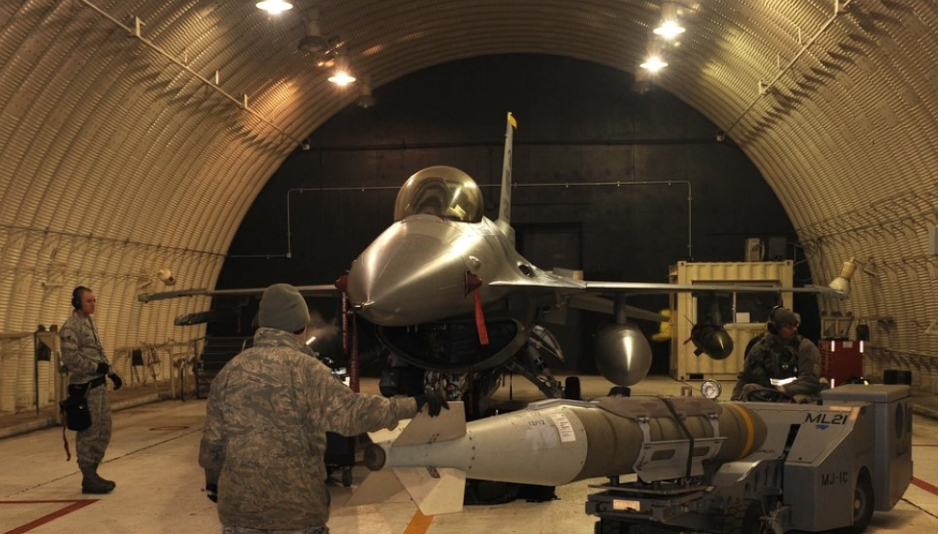The Denver Police Department is taking a high-tech leap into the future with a new program that integrates drones into its emergency response toolkit.
This initiative comes at a time when the department, along with other Colorado law enforcement agencies, is exploring innovative ways to enhance public safety despite recent budget cuts aimed at supporting migrant aid.
Once a skeptic, former Police Chief Robert White shelved the department’s sole drone in 2013 and 2018. However, current leadership is embracing the technology. The program’s goal is to use drones to assist officers in responding to 911 calls.
This move follows a trend in law enforcement, with the Arapahoe County Sheriff’s Office already using drones since 2017 for tasks like tracking suspects, searching for missing persons, providing surveillance during SWAT operations, and mapping crime scenes.
Denver Police’s Lt. Andrew Gonshak explained the practical benefits: drones can quickly assess situations and reroute officers to more urgent calls if needed. For example, if a drone spots no ongoing fight at a reported location, officers can be redirected to other emergencies, optimizing resource use and response times.
The Arapahoe County Sheriff’s Office, led by Sgt. Jeremiah Gates in their drone unit, has seen significant advantages from their 20 drones and 14 pilots. These drones have been instrumental in various operations, and Gates sees them as the future of law enforcement.
The ability to deploy drones ahead of officers could save time and provide critical information, potentially altering the approach to various situations. Drones could even help with mundane yet essential tasks like monitoring traffic light outages, delivering live video to officers, and determining the urgency of a call before human responders arrive.
Despite the promising benefits, there are valid concerns about privacy and civil liberties. Laura Moraff from the American Civil Liberties Union of Colorado expressed worries that widespread drone use could impact First Amendment rights, potentially stifling free speech and protests due to increased surveillance. She also raised concerns about the risk of over-policing, particularly in communities of color, where drones might be dispatched based on biased 911 calls reporting innocent activities as suspicious.
Denver police say DRONES will respond to 911 calls instead of cops after city defunded the force by millions
The Denver Police Department has launched a new drone program
The agency expects to deploy drones for 911 calls instead of cops pic.twitter.com/YDNNHEPRx8— News News News (@NewsNew97351204) May 28, 2024
Various Colorado police departments are at different stages of drone integration. For example, the Littleton Police Department uses drones mainly for large public events, while the Loveland Police Department has used drones for innovative purposes like delivering defibrillators. These applications showcase the diverse potential of drone technology in law enforcement.
However, there are limitations. Drones must operate within the line of sight of their pilots and adhere to Federal Aviation Administration regulations. Despite these challenges, the Commerce Police Department plans to launch drones for 911 calls within the next year, highlighting the cost-effectiveness and efficiency drones could bring.
As the Denver Police Department’s drone program lifts off, it’s clear that the future of policing might involve more eyes in the sky, balancing technological advancements with concerns about privacy and equitable law enforcement.



